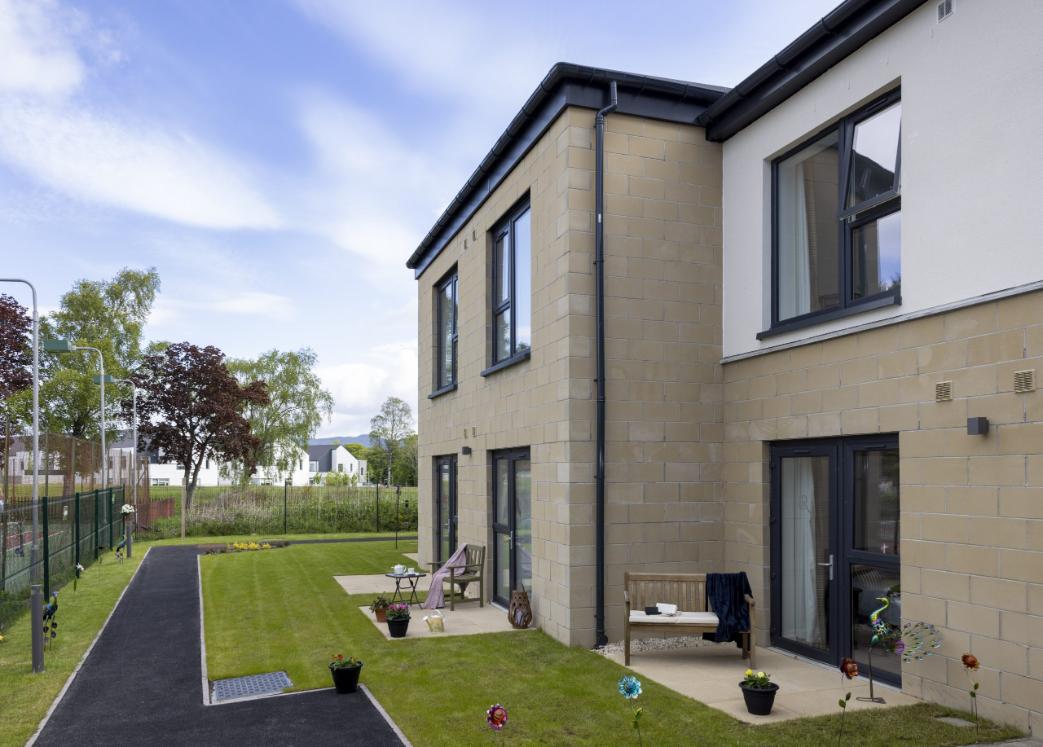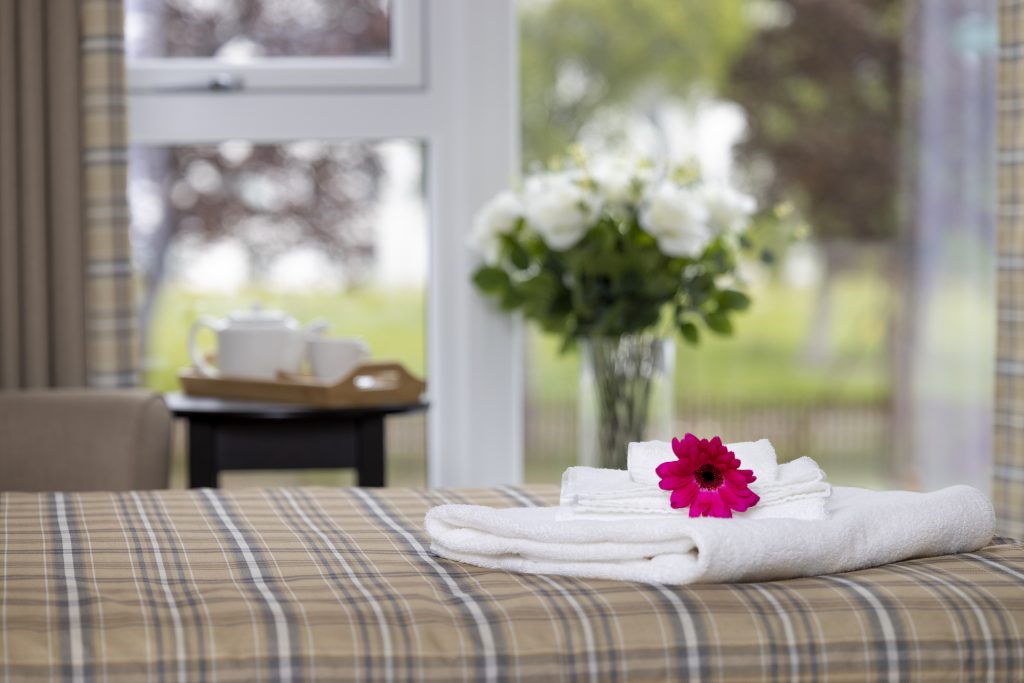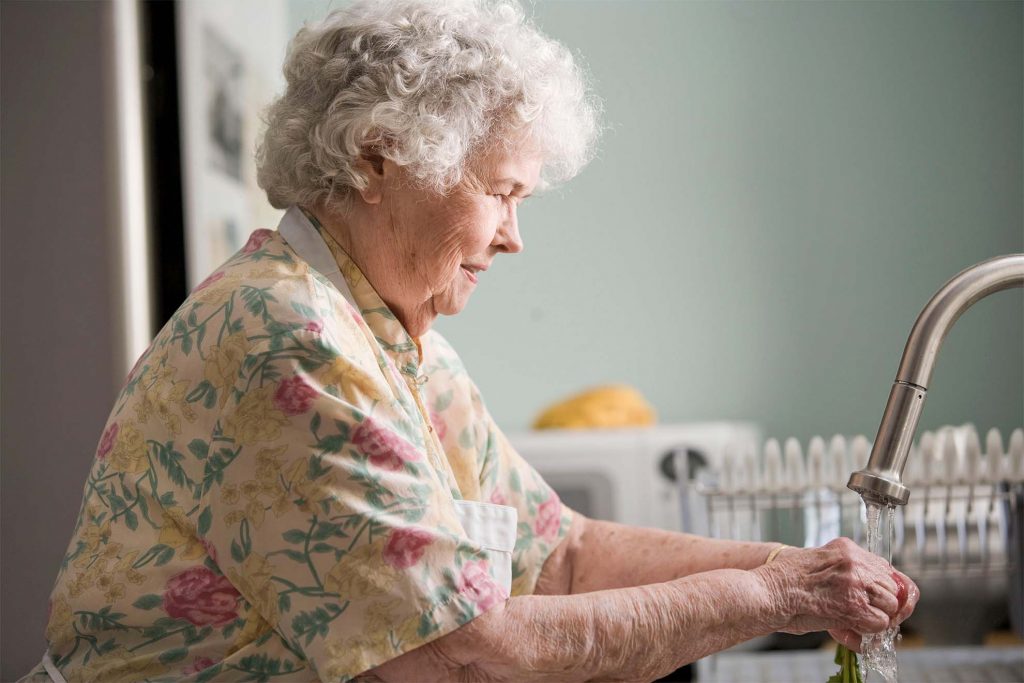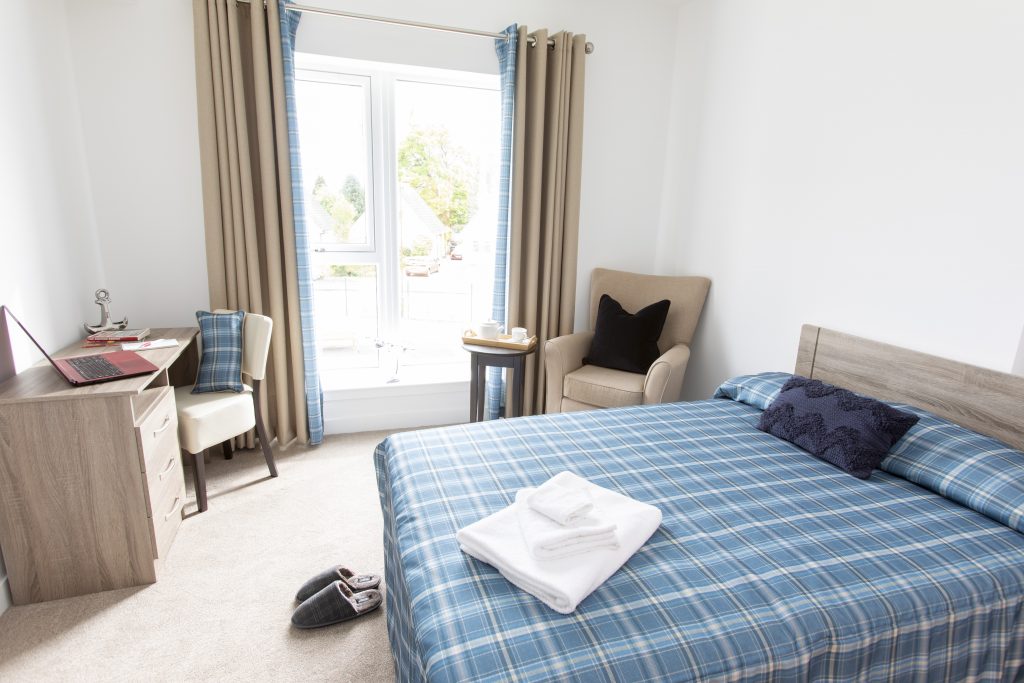How Much Do Care Homes Cost?

The need for care homes in the UK continues to rise as the average age of older people increases, and with that, care home costs are also increasing. Due to the expected high care home costs, many relatives are unsure about whether moving a loved one to a care home is the right choice as the biggest factor is whether they can afford it.
Within this blog, we talk about the average costs of care home fees in the UK, what's included in the care home fee and what financial options are available.
Care Home & Nursing Home Fees
In the UK, care homes and nursing homes structure their fees differently due to many factors. This could include the level of care required, what type of activities and facilities are offered at the home and any additional services therefore the fees tend to vary. Most care homes will offer a fixed rate that is paid on a weekly basis and others may do a pay-as-you-go format.
Some care homes will cover the basic services in their fees such as personal care, accommodation and meals whereas others charge additionally for things such as medical services, hair appointments and activities.
Average Cost of Care Homes In The UK
It's important to note that cost estimates on carehome.co.uk are based on someone receiving residential care, which is the most basic type of care. A more advanced care service, such as nursing care or dementia care, will be more expensive. As with house prices, location will affect how much care homes cost. Care homes in the South of England, such as London, will cost more than those in the more Northern regions. Each care home differs, so it is important to look around in your desired area and compare the costs, care services and facilities within a selection of care homes before making a final decision.
Cost of Residential Care

When a person moves into a residential care home, the costs will cover accommodation, food, drink, personal care and activities. Residential care is the most suitable option for individuals who need additional support with daily living, such as dressing, washing and moving around, or for those who find it difficult to upkeep a household on their own.
Cost of Nursing Care
A nursing home or nursing care tends to be more expensive in comparison to residential care as the level of care provided is more advanced such as receiving care from a nurse rather than a care assistant. Nursing care costs will also include accommodation, meals personal care and medical care. A person that requires nursing care often requires a higher degree of care including medical care from a nurse, hence why care costs are more expensive in a nursing home.
Cost of Dementia Care

This care type is provided to those living with dementia. There are currently 900,000 people living with dementia in the UK which is expected to rise in the next few years. It's evident that dementia care is a highly requested care need and usually costs more than residential care as it requires the care staff to be trained and experienced in dealing with the stages and symptoms associated with dementia care in order to provide people with dementia a safe and comfortable environment.
Some family members might start their care search with respite care for their loved one as a way of acquiring a break from their care duties for a while. If respite care is required, this can cost more on a weekly basis due to the care being short-term. If a family requires long-term dementia care then the weekly fee will usually cost less than respite care fees but will cost more over the long-term.
What's Included In Care Home Fees
The cost of a care home will differ depending on the care home's location, the care services it provides and what else they offer such as its amenities. These fees will usually cover accommodation and meals, personal care any activities.

Some care homes will charge extra for some of their services, so it is really important that you check with a care home and compare this against other care homes in your preferred area. Some care homes now offer an all-inclusive lifestyle which means all care services, facilities and activities are included in the weekly fees, so no hidden costs which provides peace of mind.
What Are All-Inclusive Care Home
Moving to an all-inclusive care home is becoming an increasingly popular choice of care home due to the number of services and amenities available which are all included in the weekly fee. Despite being a more expensive type of care home, care seekers often find this type of care home a more appealing option as it provides convenience to residents as they can utilise all the services and facilities available to them for a better quality of life.

Not having to deal with the unexpected rise in prices can be reassuring for an individual, especially with the current cost of living crisis in the UK. Living in an all-inclusive care home means a person gets all of the care, support, meals and amenities they require which are all included in one set fee, in comparison to being at home there is the continued worry of the rise in food and energy bills.
When searching for an all-inclusive care home it's important to find the right care home for the person's needs. If your loved one has advanced dementia for example, you'll need to find a care home that can provide adequate care for advanced dementia as some care homes will only provide care for early to mid-stage dementia.
Who Pays For Care Home Fees?
Care home and nursing home fees are usually paid by the person who requires care called 'self-funding'. However, not everyone is in a position to pay for the fees. People that cannot cover personal care costs can seek financial help from either their local authority or the NHS. To qualify for financial support, depending on circumstances a financial assessment takes place to assess a person's income and assets.
Financial Aid To Cover Care Costs
Whether funding can be offered depends on each individual circumstance. The most common option is to apply for local council funding. This is when a financial assessment is carried out by your local council which looks at an individual's income and assets to work out whether it falls above or below a certain threshold.
If an individual requires a significant amount of care or has a 'primary health need', they could be eligible for Complex Clinical Care funding. To qualify for Complex Clinical Care, a person will need to have complex mental and/or physical needs where a care needs assessment will be carried out by a multidisciplinary team (MDT). This assessment is not means tested meaning it does not take into account assets or income.
If you do not qualify for either the local authority or Complex Clinical Care funding, there is the option to apply for a deferred payment agreement. This is when the local authority will pay care home fees then once the individual's assets are sold, they will use a person's home to pay back the local authority. It's important to note that interest is often added to the cost.
Financial help isn't always guaranteed for an individual and some care homes may not accept funding support. Before visiting a care home, it is important to ask the management in a care home if they accept funding.
Local Authority Funding
Local authority funding is provided by the local council if a person is unable to pay for their care home or nursing home costs. To qualify for this type of funding, an individual is required to have a means test, which essentially takes into consideration a person's income and assets.
If a person is deemed eligible for funding, the local authority will provide a specific amount towards care home costs each week known as a 'personal budget'. Depending on an individual's health needs they may increase their personal budget, so the amount will differ from person to person.
If you receive local authority-funded care, be aware that the council will only pay for the basic care home costs such as personal care, food and accommodation. If the care home someone has chosen costs more than their personal budget, the rest of the fees will need to be paid by the individual or a family member, known as a 'top up' fee.
NHS Funding Support
If a person has multiple health needs, they may be able to attain Complex Clinical Care. Complex Clinical Care will cover the costs of care in a nursing home or a care home and any other health-related expenses.
A needs assessment will take place by a multidisciplinary team to decipher if a person qualifies for full funding. The team will at an individual's daily care needs including the four characteristics; nature, intensity, complexity and unpredictability. Those with a severe disability, terminal illness or long-term health condition are more likely to qualify.
Self-Funded Care Home Costs
You are considered a self-funder if you pay for care yourself, and this will be someone who has sufficient income or assets to cover care home fees. This means a person is responsible for the costs of their care. If their care needs worsen, they may be able to apply for Complex Clinical Care in the future.
As mentioned above, care home fees will vary depending on the type of care home, its location, and the care services and facilities offered. Moving into a care home is a big financial commitment so you need to carefully consider the amount you may be expected to pay.
All-Inclusive Living at Roselea Court Care Home
Our purpose-built care home provides a luxury lifestyle for 50 residents in the heart of Stirling. We are proud to provide a variety of care services as well as modern facilities. We support residents with their hobbies and interests by offering an all-inclusive way of living alongside 24-hour care and support provided by a knowledgeable and dedicated team.

The staff at Roselea Court Nursing Home in Stirling go above and beyond to provide an exceptional standard of care within all care areas including Residential Care, Dementia Care, Nursing Care and Respite Care. We ensure to put the health and safety of our residents as a first priority and provide all care using a person-centered approach.
We encourage our residents to make the most of each day through the use of the wonderful facilities we provide which include a hair salon, cinema room, garden and daily activities programme which enable residents to carry out their passions as well as learn new skills and gain new experiences. All of the amenities and services are included in our fixed fee for residents to truly experience an all-inclusive way of life at Roselea Court.
Learn More About Our Care Home in Stirling
If you have any questions about the care services or the costs associated with our care at Roselea Court Care Home, get in touch with a friendly member of the team today by sending an email to info@roseleacourtcare.co.uk or by phone on 01786 644000.





